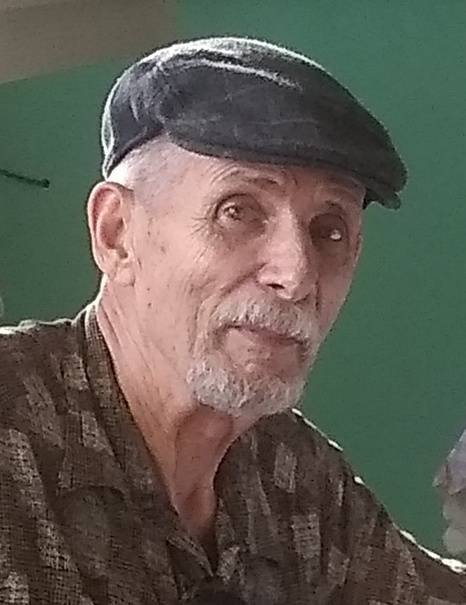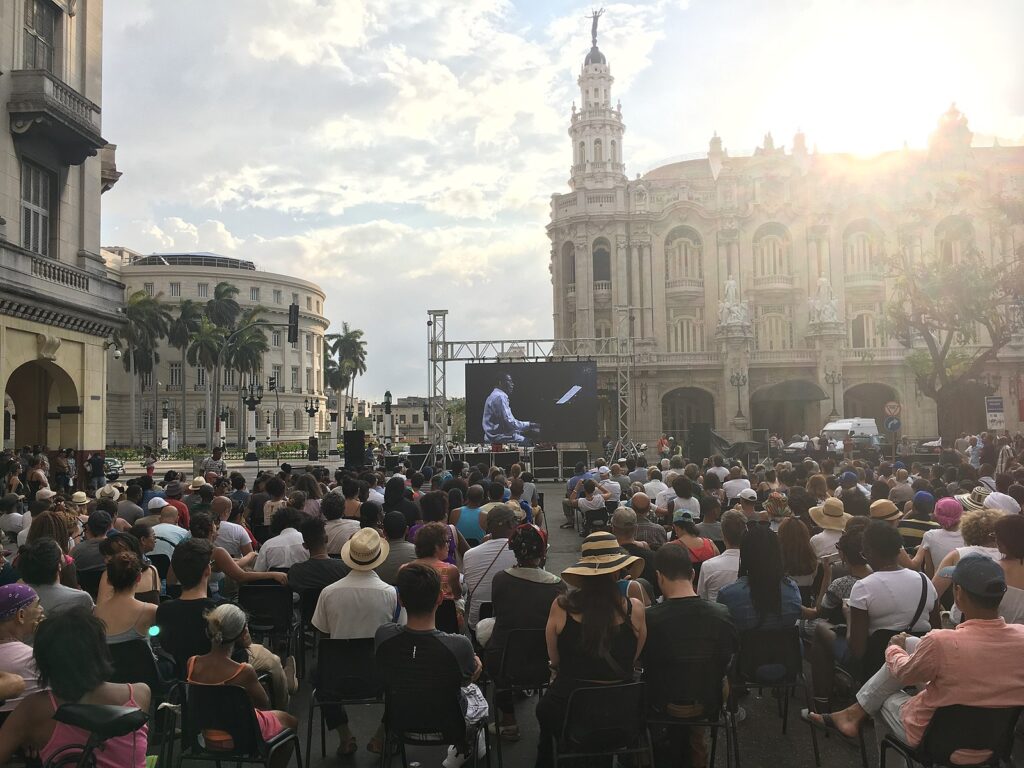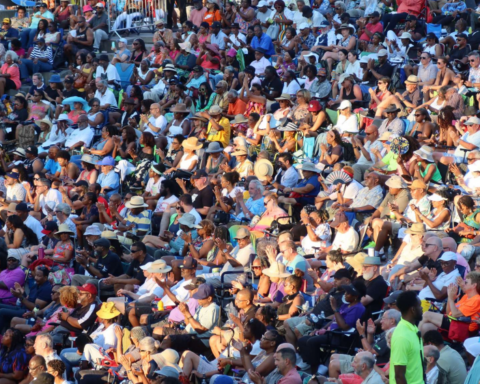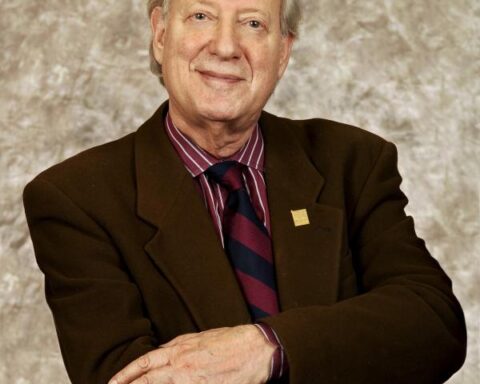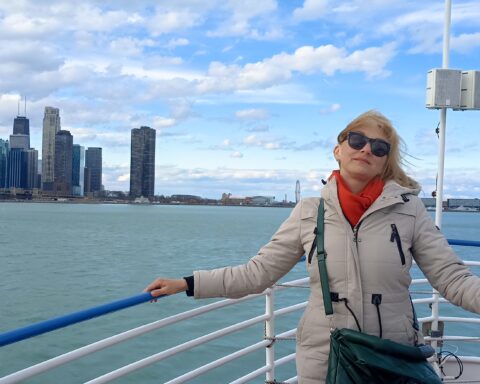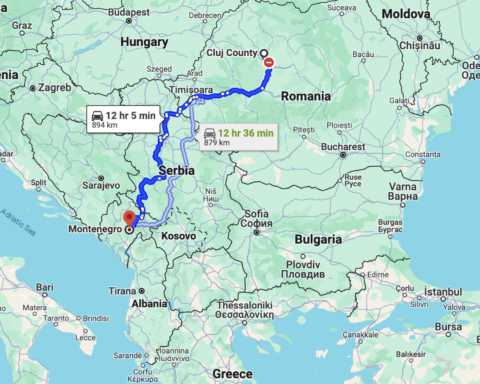Jazz Journalist Association member José Dos Santos, the JJA’s only member in Cuba, died in Havana on July 22, 2024 at the age of 77.
He had been in poor health for many years but continued to be a key part of Cuba’s jazz scene long after those troubles began.
Born in Havana in 1947, Dos Santos began his journalistic career with Prensa Latina in 1969, covering current affairs and international news, and he rose to sufficient prominence to serve for 16 years as Vice President of the Unión de Periodistas (Journalists) de Cuba (UPEC) during the “Special Period” there at the end of the 20th Century. He also became an assistant professor at the University of Havana in Social Communications.
Most official obituaries have focused upon the extensive non-musical aspects of his career, but one of José’s great passions — perhaps his greatest — in life was jazz. Not just Cuban jazz, but all forms of jazz. His contributions to that in Cuba, and by extension to those of us who closely follow Cuban jazz from abroad, are numerous.
At the time that José came of age in the late 1960s, jazz in Cuba was more present than some narratives contend. For instance, the Orquesta Cubana de Música Moderna, a big band through which future greats like Chucho Valdés passed, was founded in 1967, and Valdés himself had some jazz recordings on the EGREM label. But jazz was not taught in schools, seldom played on the radio or performed on television, there was not much of an infrastructure of festivals or venues to support it, and the musicians who performed it were under pressure to keep it “Cuban,” which meant that what North Americans consider straight ahead jazz was an incidental part of their repertoire, The state record label, EGREM, released only a very limited output of jazz recordings in the 1960s compared to what was to come later.
When the 1970s dawned, the Nueva Trova movement helped open the doors to experimental music generally, and it became easier for jazz musicians such as Emiliano Salvador to present and record Cuban jazz, although straight ahead jazz was still rare. As internationally recognized groups like Irakere and Afrocuba emerged, something of a golden age of recordings unfolded as well. José was there to help document that.
José’s time as a foreign correspondent (including in East and West Germany) helped give him access to jazz of all kinds, and whetted his appetite for it. He is far from the only “jazz hero” who helped restore the status of jazz as a respected idiom in Cuba, but his stature in the broader journalistic community in Cuba gave him extra leverage to help make things happen.
A partial list of José’s contributions to jazz include:
- Two books about jazz: Jazzeando and Jazzeando a lo Cubano;
- A Todo Jazz, a program on Cuban television that José founded that continues to this day;
- La Esquina del Jazz (“The Jazz Corner”), a radio program which José founded and produced for over 20 years on CMBF, a mostly classical music station in Havana. That program is especially noteworthy for its heavy emphasis on jazz styles and artists in North America and other countries rather than “jazz Cubano.” As of this writing, it still airs Monday-Friday on CMBF from 11 pm to midnight, Eastern US time. This program more than any other made jazz from everywhere a regular part of the available radio offerings in Cuba.
- He was a member of the Cubadisco Awards Committee (Cubadisco is Cuba’s most prestigious discographic award, analogous to the GRAMMY or Latin GRAMMY Awards). He was also an integral part of Jazz Plaza, Cuba’s international jazz festival (reported on in JJANews) and multiple other jazz events where he regularly lectured and participated in roundtables.
- For a time he was the editor of the now defunct website and Facebook page D’Cubajazz, which extensively covered jazz events and new recordings in Cuba. This site was founded in 2011, when Cuban resources for music websites of any kind were miniscule, yet it punched far above its weight, publishing articles, reviews, and a performance calendar. José’s declining health and declining external financial support ultimately led to the website’s demise.
- Numerous liner notes for Cuban jazz artists. Any collection of modern physical jazz recordings on Cuban labels undoubtedly includes some of his erudite work.
- He was an editor for Bohemia, one of Cuba’s cultural magazines, for a time, and wrote articles for numerous other Cuban publications.
Behind the scenes, José’s journalistic stature made him an influential voice for increasing and maintaining government support for jazz in times when it would have been low-hanging fruit for deep cuts. The specific nature of his contributions there will probably remain largely unsung but are no less valuable for that.
I had the opportunity to spend some afternoons with José over the years. He was as knowledgeable and passionate as many North Americans about jazz here and there, an especially noteworthy accomplishment for being self-taught about the genre in a country whose support structure for international jazz was something he had to help build. One can only speculate about how much weaker Cuba’s jazz scene would be today had he not lent a hand to it.
I also found him to be a gentle soul, and his life stands as a reminder that jazz transcends politics, national boundaries and the other things that divide people to be a force that helps bring the human species together. Condolences to friends, family and all those in jazz whose lives José Dos Santos touched.

